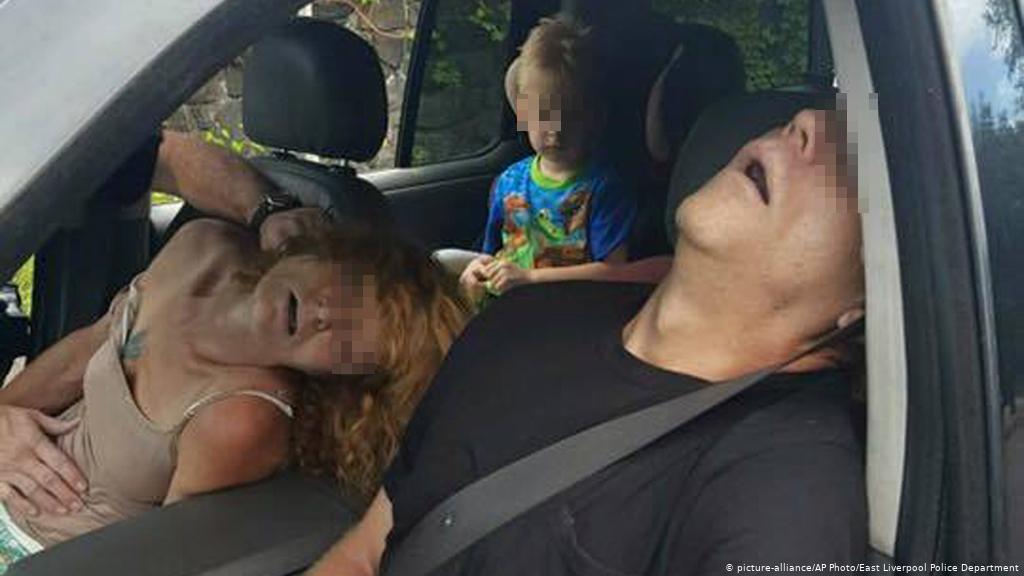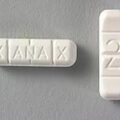Benzodiazepines are a class of drugs that can treat a range of conditions. Doctors often prescribe them to treat anxiety, seizures, and insomnia. The short-term use of these medications is usually safe and effective, but long-term use can lead to tolerance, dependence, and other adverse effects. Benzodiazepines alter the activity of the neurons that trigger stress and anxiety reactions. The street names for benzodiazepine drugs are “Benzos” and “Downers.” Drug addicts abuse these drugs to get “high.” They can cause addiction similar to opioids (narcotic drugs like oxycodone, morphine, hydrocodone, and fentanyl), cannabinoids (marijuana), and the club drug GHB (gamma-hydroxybutyrate). The Food and Drug Administration (FDA) have approved them for the treatment of:
- insomnia
- generalized anxiety disorder
- social anxiety disorder
- seizure disorders, such as epilepsy
- panic disorder
The type of benzodiazepine will determine the potential uses. Doctors may also prescribe these drugs off-label for various other conditions and issues, including:
- other sleep disorders
- tic disorders
- bipolar disorder
- to manage alcohol withdrawal
They may also use them in preparation for some medical procedures.
There are different types of benzodiazepines, and they have different uses. They include:
- alprazolam (Xanax)
- clonazepam (Klonopin)
- diazepam (Valium)
- lorazepam (Ativan)
- midazolam (Versed)
Taking too much of a benzodiazepine can be dangerous, and mixing it with alcohol or other substances can be fatal.
How do Benzodiazepines Work?
Benzodiazepines work by enhancing the effect of a neurotransmitter known as gamma-aminobutyric acid, or GABA. Neurotransmitters are chemicals that communicate messages between brain cells. These messages can have either a stimulating or a calming effect. GABA is a neurotransmitter that sends calming messages to the body. When a person feels anxious, overstimulation occurs in the brain. When people take benzodiazepines, the brain will send messages to counter this overstimulation. This activity can reduce the symptoms of anxiety.
Can You Overdose On Benzodiazepines
Yes, you can overdose on Benzodiazepines. Overdose can be intentional in addicts and suicidal patients; accidental in combination with other central nervous system (CNS) depressants, such as alcohol and opioids, and in older people; and occasionally by medication error. Older people, who commonly have diminished drug clearance and polypharmacy, are at especially high risk of overdose.
The key feature is excessive sedation with unremarkable vital signs and anterograde amnesia. Larger doses can cause coma and respiratory depression.
Benzodiazepine Abuse Causes
Although some people may have a genetic tendency to become addicted to drugs, there is little doubt that environmental factors also play a significant role. Some of the more common environmental influences are low socioeconomic status, unemployment, and peer pressure.
Benzodiazepine Abuse Symptoms
At normal or regular doses, benzodiazepines relieve anxiety and insomnia. They are usually well tolerated. Sometimes, people taking benzodiazepines may feel drowsy or dizzy. This side effect can be more pronounced with increased doses.
Can you get addicted to benzodiazepines?
Yes, benzodiazepines or benzos are habit forming and you can become addicted to them – even if you take them as your doctor or health care professional has prescribed. People who have a history of drug or alcohol abuse are more likely to develop an addiction to these drugs. If you use these drugs over a long period of time you can develop a tolerance for them. This means that you will need higher doses of the drug to treat your health condition or disease because you’ve become tolerant of the weaker formulations of the drug. These drugs may be very effective for the treatment of several conditions, for example, anxiety and insomnia; but be careful because you can become addicted to them.
They are commonly abused by young adolescents and young adults who crush it up and snort it, or take the tablet to get high. If you abuse this medication you may have adverse effects with symptoms include:
- Disturbing or vivid dreams
- Irritability
- Hostility
- Amnesia
Signs and symptoms that you might be addicted include:
- Problems sleeping
- Diarrhea
- Vomiting
- Nausea
- Goose bumps
- Uncontrollable leg movements
- Bone and muscle pain
It is very difficult to recover from benzodiazepine addiction because these drugs change the chemistry of the brain. Contact a drug addiction treatment center if you or a loved one are suffering from a addiction. Quitting cold turkey is not likely to be successful and can be dangerous because of symptoms of withdrawal. Doctors and other health care professionals that treat addiction will formulate a taper schedule to slowly wean off the medication to reduce the severity of withdrawal symptoms during treatment.
Signs and symptoms of overdose include:
- Clammy skin
- Dilated pupils
- Rapid and weak pulse
- Coma
- Shallow breathing
- Death





